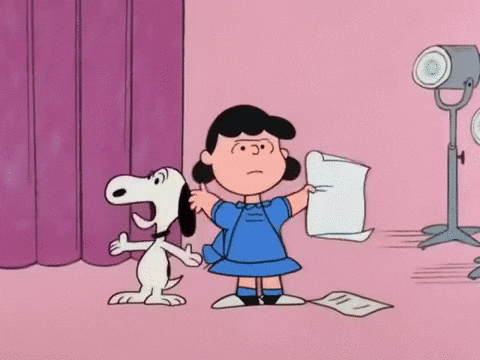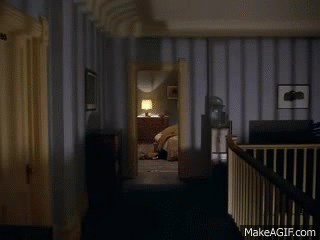This is where advocates for the Star Wars franchise suddenly become tight-lipped. I haven't heard a single person defend The Last Jedi in terms of whether or not alienating such a large segment of the audience was a wise business practice. If business is part of the constraints one has to deal with in creating this kind of art, I think we can safely say Star Wars is failing. Franchises like Star Wars aim to please as many people as possible, with hopes of repeat business. There's nothing wrong with that, but you have to admit, it's like a comedian filling a massive venue, making a lot of money and then bombing. If half your audience starts heckling you because they hate your work, it doesn't matter how much money you made at the door, or how many people showed up in the first place. It doesn't matter that aesthetics are subjective. You've failed, as a comedian who attempts to fill stadiums, and should save that material for coffee houses. Same principle applies here. The medium that Star Wars is involved in, requires appealing to as many people as possible. You can be critical of that, and call it the "lowest common denominator", or you can accept it as a legitimate art, and call it "appealing to universals within the human condition". I don't care. Either way, alienating half of your audience is failure.
If you have a political agenda, or wacky plot ideas that will inevitably alienate a lot of people, a single film is a better strategy because you're not depending on repeat business. You don't need to grow a demographic, beyond getting people into the theater. Controversy is your ally in that case, because a lot of people will check it out, just to see why others are complaining. However, that only works once. Controversy becomes a liability when it pertains to a franchise that you intend to keep going indefinitely. There is such a thing as "bad press", when you have a long term goal.




















